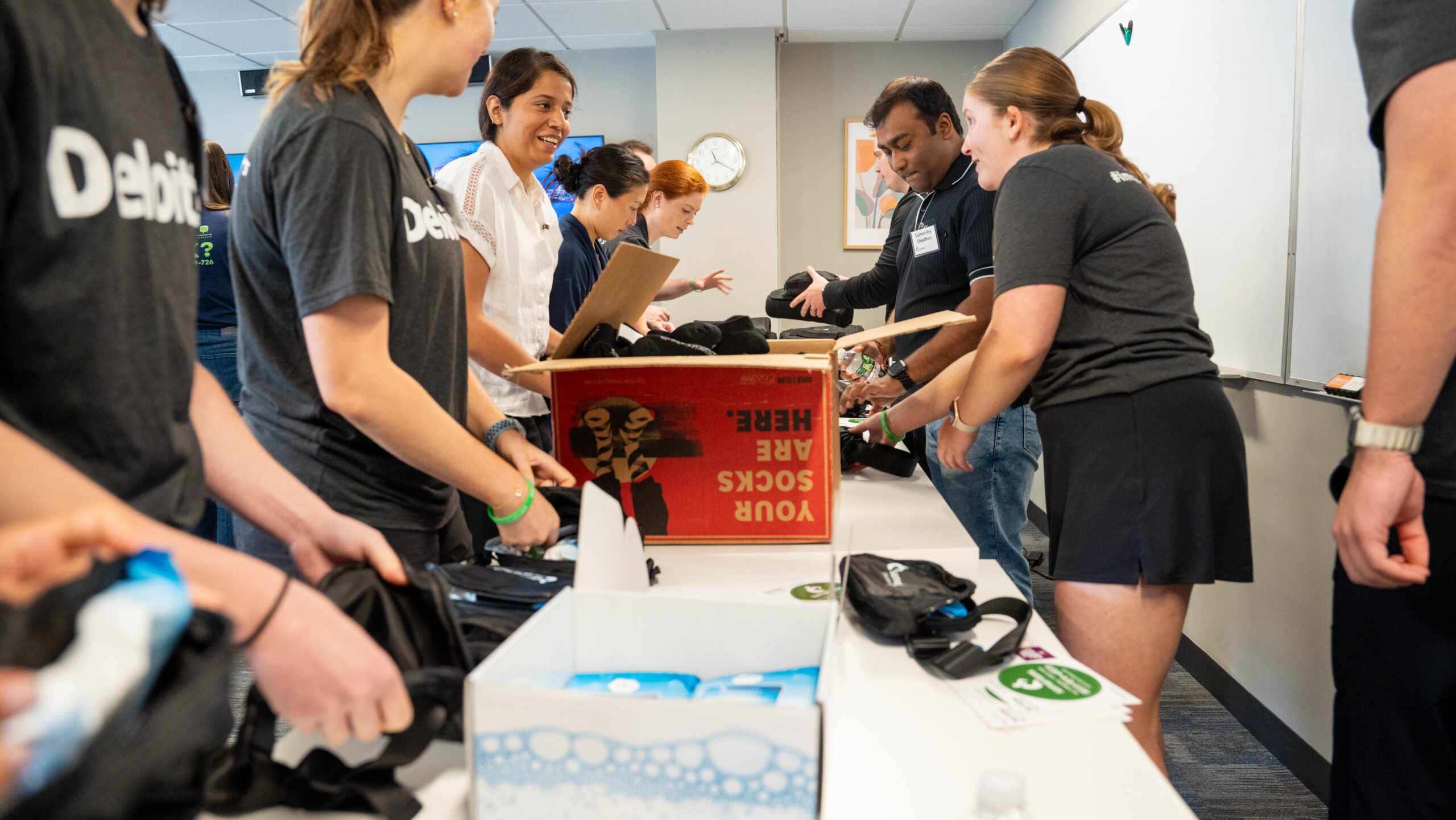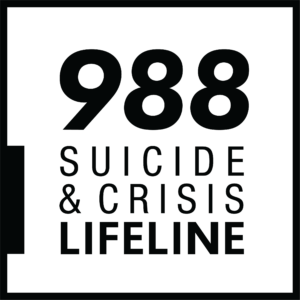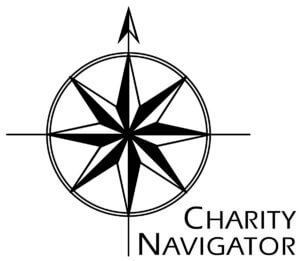Written by our inspiring teen volunteer, Mitchell
As a Helpline volunteer at Samaritans for nearly two years, my life has been enriched in ways I never predicted. Initially, my goal in becoming a Befriender (that’s what we call our Helpline volunteers) was to make a dent in what I saw was a growing problem of people feeling despondent and emotionally alone. Could I help? I wasn’t sure, but thought it was worth trying to learn more and see if I could be a small part of a long-term solution.
In the spring of 2018, a friend of mine, Rishubh, was lost to suicide. Though we hadn’t had a years-long friendship at that point, he was someone I’d felt an immediate connection to when we met in middle school during an academic competition. He was one of the kindest and funniest guys I’d ever met, exuding humor and goodness, making friends out of strangers.
It was the loss of Rishubh that propelled me to reach out to Samaritans and see what I could do. The thought that his parents were going to spend the rest of their lives suffering a loss too much to bear was circling in my head. Though there was and remains no possible way to ease their pain, my thought was that, at a minimum, Rishubh will not be allowed to be forgotten, nor would he have died in vain if I could find a way to honor him on an ongoing basis.
In the spring of my sophomore year, I applied to be a Helpline volunteer at Samaritans. The Crisis Services team who interviewed me provided a welcoming entry into the organization and were a shining example of walking the talk of Samaritans’ mission to be warm, non-judgmental, and compassionate. Following my interview, we scheduled my training classes over the summer, classes that were incredibly comprehensive and taught me—a layperson—a great deal about mental health.
In transitioning from training to real-life phone calls, my worry was how I would actually handle things when it was no longer merely a simulation. It can be nerve-wracking to wonder if you can rise to the occasion, particularly when there are multiple variables to consider for every call. It turned out that Samaritans is well-equipped to handle this transition, preparing us with classes that offer skills, guidance and, of course, training shifts. The slow buildup from rudimentary understanding of mental health concerns to the real-world applicability needed to speak with people was critical for me. By the time my first real on-my-own call took place, I felt ready, and that is a testament to an organization that knows what it is doing.
Over the past year and a half, taking calls has led me to understand that the most important part of being on every call is the very first skill Samaritans teaches: listening empathetically. If, in the heat or stress of a call, I were to somehow forget all of the other skills I acquired in my training and call experience, I know that I’ll be able to provide the caller with a non-judgmental place by conveying my empathy. This is due to rigorous and well-managed training.
Perhaps the most perspective-altering component of my Samaritans experience has been learning that a significant demographic of callers and/or texters do not reach out because they are suicidal or depressed, but are merely lonely. In fact, many are not even expressing sadness, but actually have good news and no one with whom to share it. Sometimes these people are very young, and sometimes they are elderly. Some are mothers; others are teens. Some are very poor; others have financial resources. Some have many loved ones, and some have few. And some do not feel they can share their good or bad news with people in their lives because they fear judgment, envy, or a host of other negative repercussions.
I believe there is a sense that a Helpline such as Samaritans is dealing with one-dimensional callers. This could not be less true, and it has been illuminating to see the wide spread in demographics, topics, and emotions of our callers. In my own life outside of Samaritans, this knowledge has translated into helping me become someone who slows down not only to be there for friends when they’re in the doldrums, but also for the times in which they want to share successes large and small. Everything is relative, I’ve learned, and one person’s small tribulation is another person’s breaking point. Joy and sorrow are all wildly individual, and understanding this has made me try to be more open to the fact that the experiences of others may be felt differently than how I might feel.
As a Boy Scout, Jew, and now graduating from a school that places significant value on helping others, service has always been a major component in my life. Sometimes, though, the service itself—while impactful, I hope—was not filled with tremendous meaning. That is not to say that I didn’t take joy in helping others or that it didn’t provide value somewhere, but more so that it was less about meaning and more chore-based. While such work most definitely has a role in society, for volunteer work to be long-term and carry over into other aspects of a volunteer’s life, I’ve learned how tremendously helpful it is to find an organization that jells with one’s own idea of meaning. Joining Samaritans allowed me to not only find this deeper meaning behind the hours spent, but it has also given me the opportunity to find another family. Whether it’s running in the Samaritans 5K, going to the organization’s holiday party, trying to raise some dollars, or simply having really supportive shift-mates, I’ve found Samaritans always ensures that the volunteers as well as the callers are valued, appreciated, and loved.
We are so grateful to Mitchell for his dedication and service to people in need. If you’re interested in volunteering at Samaritans, visit our Volunteering page to learn more and complete the Volunteer Inquiry Form.









